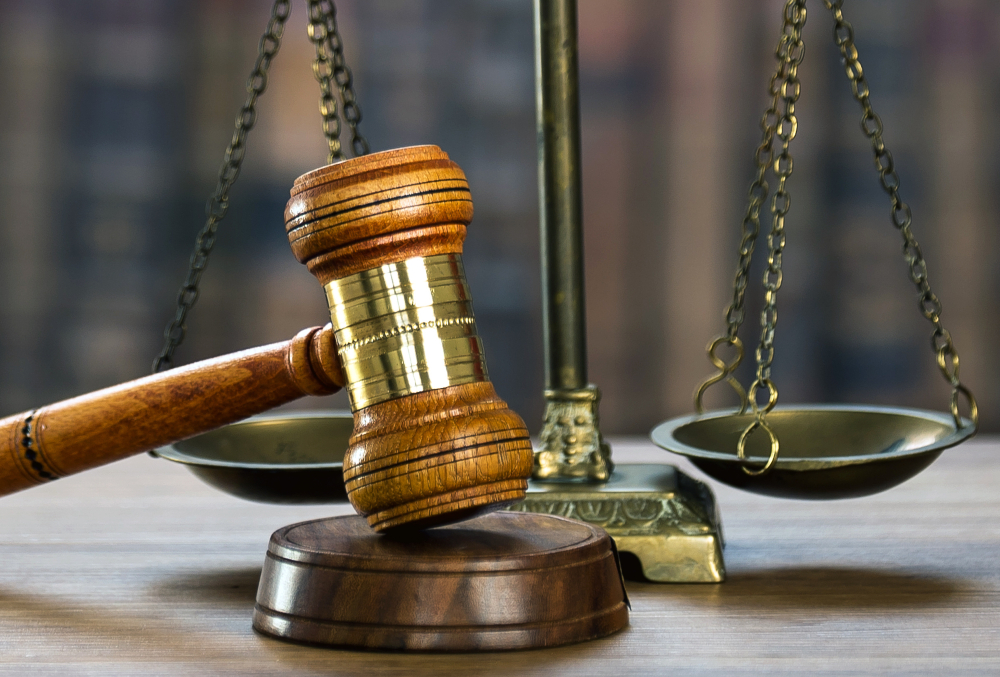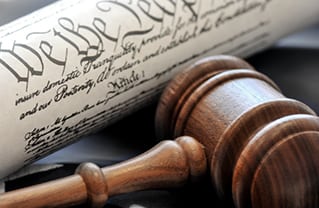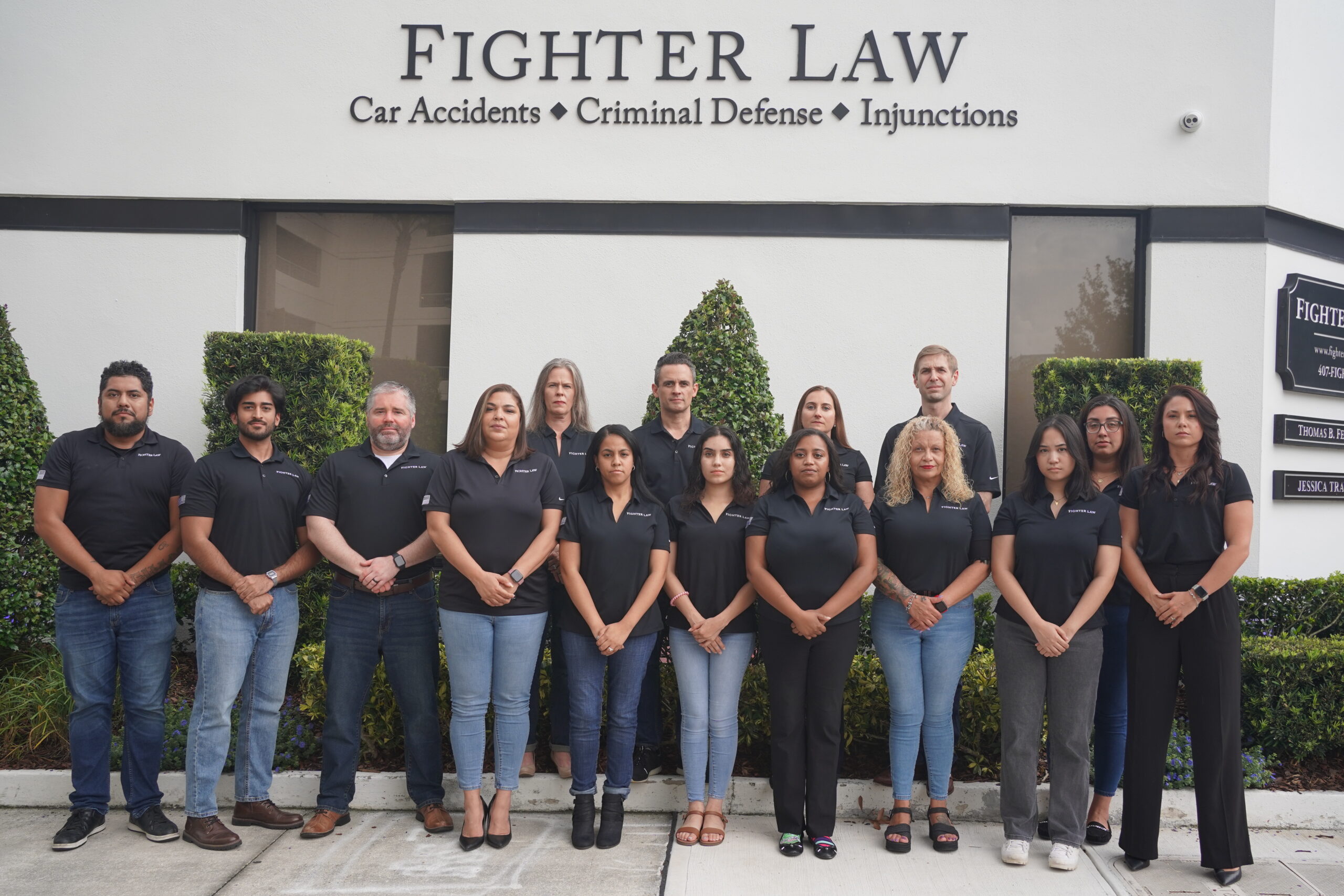Domestic Violence Restraining Order Lawyer

Domestic Violence Restraining Order Lawyer in Florida. If you need help with a domestic violence injunction in Florida, it’s critical to understand your rights and take immediate legal action. Whether you’re seeking protection or facing accusations, this process can impact your safety, family, and future. At Fighter Law, our attorneys specialize in helping both Petitioners and Respondents navigate these cases with clarity and strength. The domestic violence injunction process in Florida can be confusing. However, our team will help you take the right steps.
Why Protection Orders Matter in Florida
The domestic violence injunction process in Florida begins when a court order is filed to protect someone from abuse by a family or household member. Under Florida Statute 741.30, you only need to prove domestic violence occurred or that you’re in reasonable fear of imminent harm.
Key takeaway: Past abuse is not required. You only need credible, substantial evidence of danger.
Who Qualifies for a Protection Order in Florida?
To qualify, Petitioners must:
- Be a spouse, parent, household member, or co-parent with the Respondent.
- Demonstrate domestic violence or a real and credible threat of violence.
Even if you haven’t lived together, sharing a child qualifies. Additionally, dating partners may qualify under separate dating violence laws.
What a Florida Domestic Abuse Injunction Can Do
Once granted, a protection order may:
- Restrict all contact between the respondent and petitioner.
- Require the respondent to vacate the home.
- Provide temporary parenting rights or custody arrangements.
- Mandate anger management or counseling.
- Prohibit firearm possession.
Violations are criminal. As a result, they may lead to arrest, fines, or jail time.
How to Get a Domestic Violence Injunction in Florida
The court may issue a temporary injunction the same day a petition is filed. Typically, a final hearing occurs within 15 days. During that hearing, both sides present evidence. This injunction process provides both swift protection and due process.
What to Do If You’re Falsely Accused
If you’re falsely accused, you need strong legal defense. At Fighter Law, we know how to help. Specifically, we can:
- Dispute false or misleading claims.
- Raise legal and procedural defenses.
- Challenge testimony and introduce favorable evidence.
Explore our full Respondent Help Guide for more details.

How We Help Victims of Domestic Abuse in Florida
If you fear for your safety, we can help you take action. Here is how we assist:
- Quickly file and follow the legal process.
- Gather the right documentation and evidence.
- Present your case clearly in court.
- Secure short- and long-term protection.
Learn how we help Petitioners get protection and peace of mind.
Consequences of a Florida Protection Order
An injunction is serious. Therefore, you should understand its impact:
- Criminal charges: Injunction violations are criminal acts.
- Firearm ban: You must immediately surrender any weapons.
- Parenting and employment risks: It may affect custody, licensing, or background checks.
- Permanent record: Even civil injunctions have long-term consequences.
Why Choose Fighter Law for Injunction Cases
Our board-certified trial attorneys handle injunctions across Greater Orlando. Here are a few reasons to work with us:
- We act fast and provide compassionate service.
- We have deep expertise in Florida law and legal strategy.
- We thoroughly prepare court filings and hearings.
- We offer clear communication and strong courtroom advocacy.
Talk to a Domestic Violence Lawyer in Florida
If you need help filing or defending an injunction, we’re here for you. Contact Fighter Law for a free consultation and learn your next steps.
Learn more from authoritative sources:
What qualifies for a domestic violence injunction in Florida?
You must show that the respondent committed domestic violence or that you have reasonable fear of future harm. Relationships qualifying include spouses, co-parents, or household members.
How fast can I get a domestic violence injunction?
Temporary injunctions may be granted the same day you file a petition. Final hearings are usually scheduled within 15 days.
Do I need an attorney to file for a domestic violence injunction in Florida?
No, but having an attorney improves your chances of success. It also ensures your rights are protected through the process.
free case evaluation
Fill out the form below for an free evaluation of your case.





Practice Areas
Learn more about our services in Criminal Defense, Personal Injury, and Injunctions.

We Fight for Outstanding Case Results
We are driven to get you results. Review the outcomes on recent cases we've handled.


